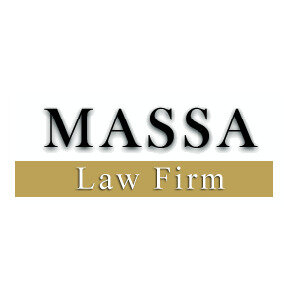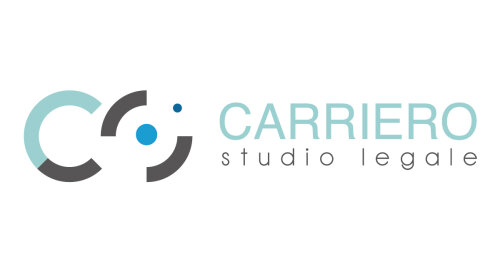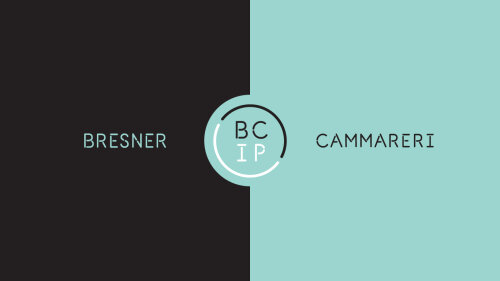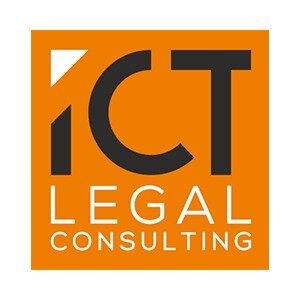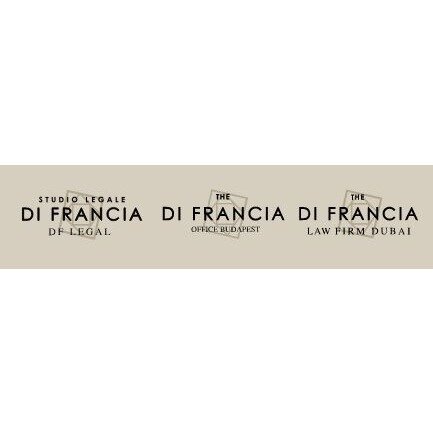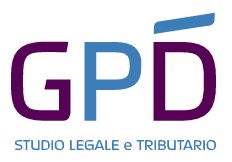Best Trademark Lawyers in Italy
Share your needs with us, get contacted by law firms.
Free. Takes 2 min.
Or refine your search by selecting a city:
List of the best lawyers in Italy
About Trademark Law in Italy
Trademark law in Italy is designed to protect the distinctive signs that distinguish your goods and services from those of others. A trademark in Italy can be any sign capable of graphic representation, provided it can distinguish the goods or services of one enterprise from those of others. This includes words, designs, symbols, colors, sounds, or any combination of these. Italian trademarks are governed under the Italian Code of Industrial Property, which aligns with the European Union's regulations and international treaties, ensuring comprehensive protection for the rights holder across fields of commerce.
Why You May Need a Lawyer
Dealing with trademark issues in Italy can be complex, and you might need a lawyer in several situations. These include registering a new trademark to ensure it doesn't infringe on existing marks, defending against claims of infringement from other businesses, and enforcing your rights if someone else is using your trademark without permission. A legal expert can also assist with the renewal of trademarks, dealing with oppositions and cancellations, and providing strategic advice on portfolio management and licensing agreements.
Local Laws Overview
The Italian trademark legal framework is thorough, offering both domestic and EU-level protections. Key aspects include the necessity for a trademark to be distinctive, visible, and lawful. Registration provides a monopoly on the mark for ten years, which can be indefinitely renewed. The framework under the Italian Code of Industrial Property mandates that a trademark not be deceptive or contrary to public policy and morality. Enforcement of trademark rights can involve legal actions in civil courts or complaints to the Italian Patent and Trademark Office (UIBM).
Frequently Asked Questions
What is the process for registering a trademark in Italy?
You must file an application with the Italian Patent and Trademark Office (UIBM), including details of the mark and a list of goods or services covered. Examination and publication follow, during which oppositions can be raised before final approval.
How long does the trademark application process take?
The process typically takes around 12 to 18 months, depending on any opposition or complexity of the review.
Can foreign companies register trademarks in Italy?
Yes, foreign entities can apply for trademarks in Italy either directly through the UIBM or via the European Union Intellectual Property Office (EUIPO) for broader EU coverage.
What types of trademarks can be registered in Italy?
Words, figures, letters, numerals, sounds, and even the shape of goods or packaging can be registered as trademarks, provided they meet distinctiveness criteria.
What does trademark opposition entail in Italy?
An opposition can be filed by third parties who believe that a trademark registration infringes upon their existing rights, typically within three months of the mark's publication.
What are the trademark infringement penalties in Italy?
Penalties can include injunctions to cease use, monetary compensation for damages, and in severe cases, criminal charges.
How long do trademark rights last?
Registered trademarks are protected for ten years from the filing date and can be renewed indefinitely for successive ten-year periods.
Are there trademark use requirements in Italy?
Yes, non-use of a trademark for a continuous period of five years may result in its revocation.
How can I defend my trademark rights in Italy?
Pursue unauthorized users legally through civil litigation or by filing complaints with the UIBM, alongside using negotiation or alternative dispute resolution methods.
What happens if my trademark lapses?
If the renewal is not arranged before expiration, a grace period allows late renewal within six months with an additional fee. Longer lapses result in the loss of rights.
Additional Resources
For more detailed information, the Italian Patent and Trademark Office (UIBM) is a key governmental body that provides resources and support. Additionally, the European Union Intellectual Property Office (EUIPO) and the World Intellectual Property Organization (WIPO) offer guidance on international protocols and frameworks. Professional associations such as the Italian Chamber of Commerce also provide valuable industry insights and resources.
Next Steps
If you require legal assistance concerning trademark issues in Italy, consider consulting with a qualified attorney specializing in intellectual property law. Initial steps should include gathering relevant documentation about your trademark, assessing any potential risks or conflicts, and seeking a tailored consultation. Legal databases and bar associations can be ideal starting points to find reputable lawyers in this field.
Lawzana helps you find the best lawyers and law firms in Italy through a curated and pre-screened list of qualified legal professionals. Our platform offers rankings and detailed profiles of attorneys and law firms, allowing you to compare based on practice areas, including Trademark, experience, and client feedback.
Each profile includes a description of the firm's areas of practice, client reviews, team members and partners, year of establishment, spoken languages, office locations, contact information, social media presence, and any published articles or resources. Most firms on our platform speak English and are experienced in both local and international legal matters.
Get a quote from top-rated law firms in Italy — quickly, securely, and without unnecessary hassle.
Disclaimer:
The information provided on this page is for general informational purposes only and does not constitute legal advice. While we strive to ensure the accuracy and relevance of the content, legal information may change over time, and interpretations of the law can vary. You should always consult with a qualified legal professional for advice specific to your situation.
We disclaim all liability for actions taken or not taken based on the content of this page. If you believe any information is incorrect or outdated, please contact us, and we will review and update it where appropriate.
Browse trademark law firms by city in Italy
Refine your search by selecting a city.



